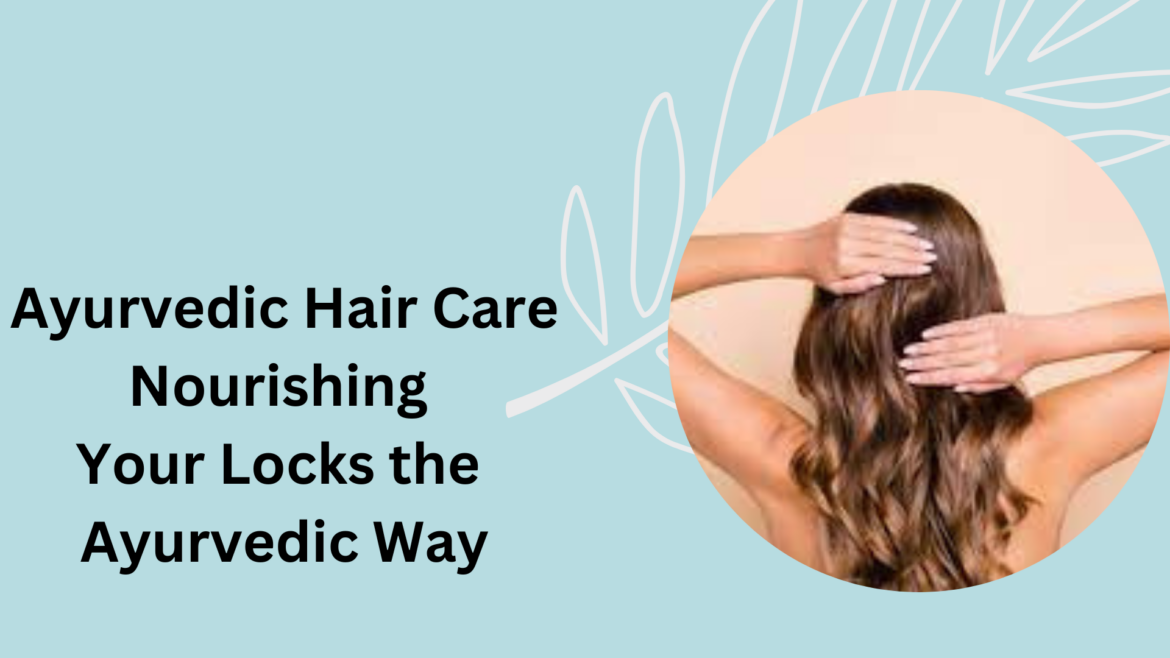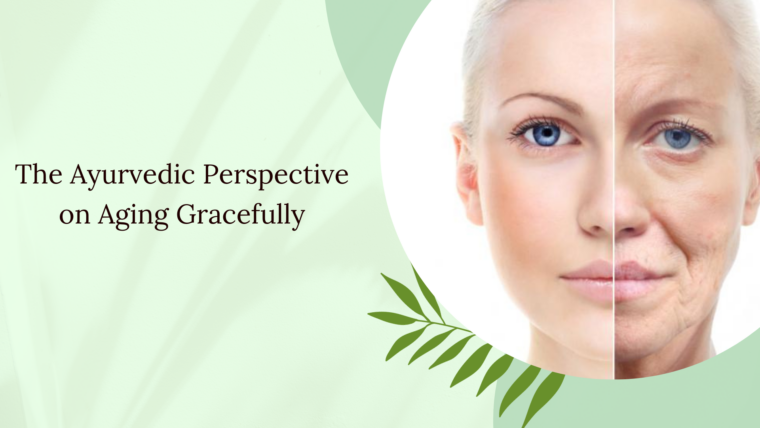In the realm of holistic well-being, Ayurveda extends its wisdom to the care of our crowning glory—our hair. Rooted in ancient Indian traditions, Ayurvedic hair care is not just about superficial treatments; it’s a holistic approach that considers individual constitutions, or doshas, to promote healthy, lustrous locks from within. Let’s embark on a journey through Ayurvedic principles, exploring natural remedies, nourishing rituals, and time-honored practices that unveil the secrets to vibrant and resilient hair.
Understanding Ayurvedic Hair Care
Ayurveda views hair as an extension of bone tissue and, like bones, is influenced by the same nutrients. Hair health is intricately connected to the overall well-being of an individual, and imbalances in the doshas—Vata, Pitta, and Kapha—can manifest in various hair concerns.
- Vata Hair:
- Characteristics: Prone to dryness, frizz, and split ends.
- Care Focus: Hydration, nourishment, and protection from harsh weather.
- Pitta Hair:
- Characteristics: Susceptible to premature graying, thinning, and inflammation.
- Care Focus: Cooling, soothing, and preventing excessive heat exposure.
- Kapha Hair:
- Characteristics: Tends to be oily, heavy, and prone to dandruff.
- Care Focus: Cleansing, stimulating circulation, and balancing oil production.
Nourishing Oils for Hair Health
Ayurvedic hair care begins with the potent use of herbal oils, each chosen for its unique properties and benefits:
- Coconut Oil:
- Benefits: Nourishes, strengthens, and adds shine. Ideal for all doshas.
- Application: Massage warm coconut oil into the scalp and hair, leaving it on for at least 30 minutes before washing.
- Amla (Indian Gooseberry) Oil:
- Benefits: Rich in vitamin C, promotes hair growth, and prevents premature graying.
- Application: Apply amla oil to the scalp and hair, leaving it overnight for deep nourishment.
- Brahmi Oil:
- Benefits: Calms the mind, reduces hair loss, and strengthens roots.
- Application: Gently massage brahmi oil into the scalp, allowing it to penetrate for at least an hour.
- Neem Oil:
- Benefits: Addresses dandruff, soothes the scalp, and has antimicrobial properties.
- Application: Mix neem oil with a carrier oil and massage into the scalp before washing.
Ayurvedic Hair Masks for Ritualistic Care
- Henna Hair Mask:
- Benefits: Conditions, adds a natural tint, and strengthens hair.
- Application: Mix henna powder with water or yogurt, apply, and leave on for a few hours before rinsing.
- Fenugreek Hair Mask:
- Benefits: Combats dandruff, promotes hair growth, and adds shine.
- Application: Soak fenugreek seeds overnight, grind into a paste, and apply to the scalp for 30 minutes before washing.
- Amla and Shikakai Hair Mask:
- Benefits: Cleanses, conditions, and adds volume.
- Application: Mix amla and shikakai powder with water, apply, and leave on for an hour before rinsing.
Ayurvedic Scalp Massage: Abhyanga
Abhyanga, the Ayurvedic practice of self-massage, extends its benefits to the scalp. A regular scalp massage with warm oil enhances blood circulation, nourishes hair follicles, and provides a deeply relaxing experience.
- Oil Selection:
- Choose an oil suitable for your dosha or a blend that caters to your specific hair concerns.
- Technique:
- Warm the oil and gently massage it into the scalp using circular motions. Pay attention to the hairline and the crown of the head.
- Duration:
- Aim for at least 10-15 minutes of massage to allow the oil to penetrate and benefit the scalp and hair.
- Frequency:
- Incorporate scalp massage into your routine at least once a week for optimal results.
Ayurvedic Dietary Recommendations for Hair Health
Ayurveda recognizes the vital role of nutrition in maintaining healthy hair. Including the following elements in your diet can contribute to vibrant locks:
- Iron-Rich Foods:
- Incorporate spinach, lentils, and fortified cereals to prevent iron deficiency and hair loss.
- Protein Sources:
- Include lean meats, fish, eggs, and plant-based proteins like lentils for strong and resilient hair.
- Vitamin C-Rich Foods:
- Consume fruits like oranges, guavas, and strawberries to support collagen production and hair strength.
- Omega-3 Fatty Acids:
- Incorporate flaxseeds, chia seeds, and fatty fish for their anti-inflammatory and nourishing properties.
Lifestyle Practices for Holistic Hair Care
- Stress Management:
- Practice stress-reducing techniques like yoga, meditation, or deep breathing to prevent hair fall caused by stress.
- Protective Styling:
- Avoid tight hairstyles that pull on the hair, leading to breakage. Opt for loose styles and protective measures.
- Limit Heat Styling:
- Minimize the use of heat styling tools to prevent damage. If necessary, use on low heat and apply a heat protectant.
- Regular Trimming:
- Trim your hair regularly to prevent split ends and promote overall hair health.
Consult with an Ayurvedic Practitioner
While these Ayurvedic practices provide a foundation for healthy hair care, individualized guidance can be invaluable. Consulting with an Ayurvedic practitioner allows for a deeper understanding of your dosha, specific imbalances, and personalized recommendations tailored to your unique constitution.
Conclusion
Ayurvedic hair care transcends conventional treatments, offering a holistic and nourishing approach that aligns with the principles of balance and individuality. By embracing the wisdom of Ayurveda, you embark on a journey that not only transforms your hair but also nurtures your overall well-being. From herbal oils to mindful rituals, Ayurvedic hair care unveils the secrets to luscious locks—a testament to the enduring beauty of age-old practices in the realm of holistic health.





